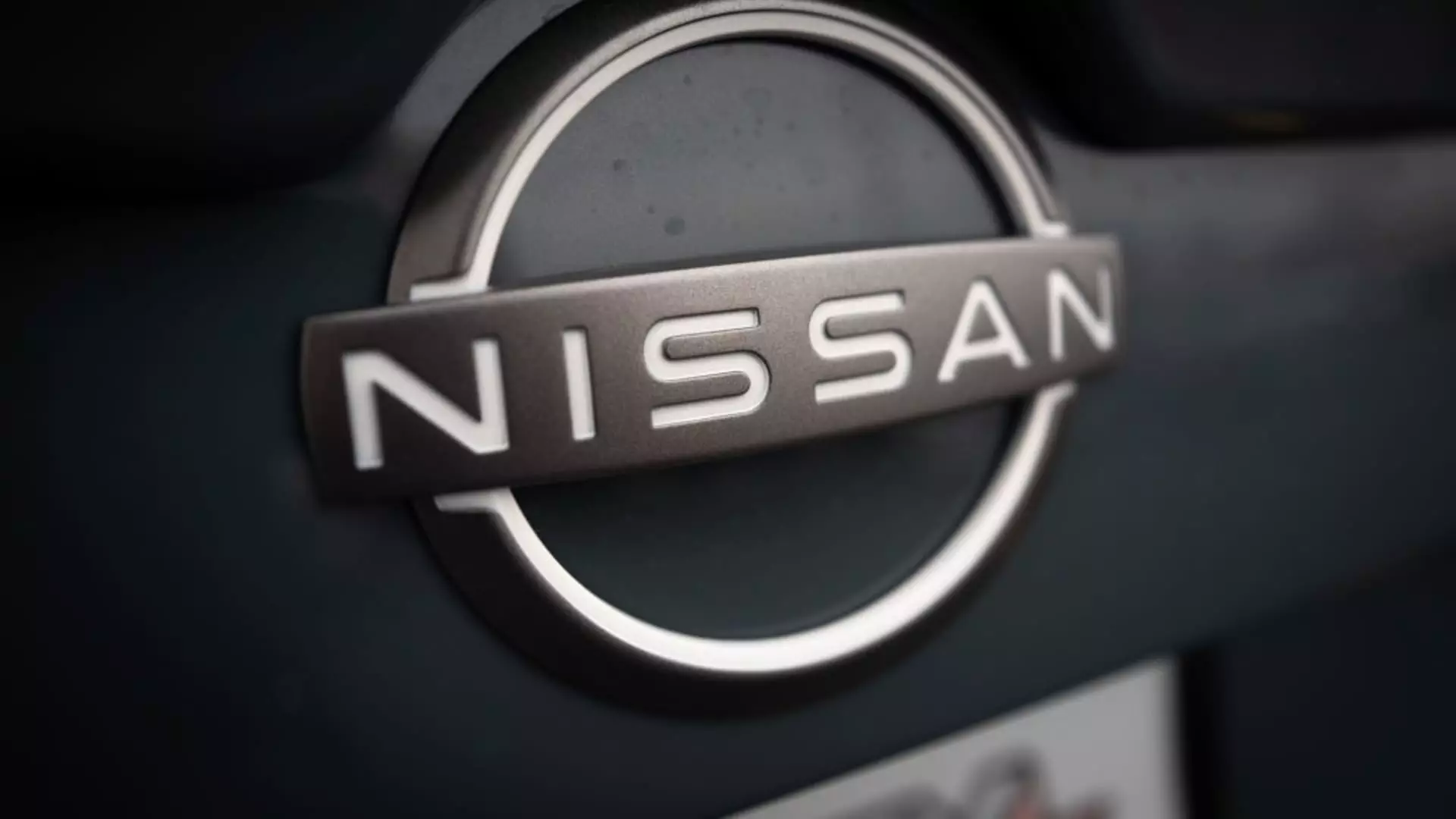In a surprising shift that sends ripples through both the automotive industry and local economies, Nissan is contemplating significant closures of assembly plants both domestically in Japan and internationally. The decision to shutter operations at its historical Oppama plant—where production first began in 1961—raises critical questions not just about the future of the company, but about the broader implications of such choices on the workforce and community. In addition to the domestic cuts, Nissan’s potential plants in Mexico, South Africa, India, and Argentina are on the chopping block, signaling an aggressive strategy to drastically reduce global operations from 17 facilities to merely 10.
New CEO Ivan Espinosa’s bold proposals for cost reduction dramatically counter the previous strategies of his predecessor, Makoto Uchida, who steadfastly held on to the hope of expanding global production and maintaining all domestic operations. Espinosa’s approach, which includes a staggering 15% workforce reduction alongside plant closures, embodies a desperate response to plummeting sales figures—down 42% since 2017—rather than a strategic, forward-thinking plan. It prompts a vital discussion: is this an effective turnaround strategy, or a reckless attempt to address deeper systemic issues?
Impact on Workforce: The Human Cost of Decisions
The cold numbers of corporate restructuring often obscure the heartbreaking human stories behind them. The anticipated cuts would displace thousands—3,900 from the Oppama plant alone—echoing through families and communities. Economic impacts reverberate far beyond the confines of a factory floor; local businesses reliant on the presence of such companies may increasingly find themselves on the brink of survival. While the stock market may momentarily respond favorably to lower operational costs, the long-term ramifications on employment and community stability are sobering.
Such moves provoke a troubling ethical dilemma. Should the prioritization of shareholder satisfaction and immediate profitability overshadow the responsibilities toward skilled workers who have tirelessly driven production and innovation? The historical importance of Nissan’s plants cannot be understated; they form a part of Japan’s industrial heritage, and their closure signifies a troubling trend toward valuing financial engineering over human capital. Not only does this reflect an alarming attitude toward labor, but it also creates an image of a company abandoning its roots in favor of short-term gains.
Speculation and Transparency: A Corporate Responsibility
Nissan’s response to the speculations surrounding the potential plant closures reveals an industry-wide tendency to dodge accountability. While acknowledging that discussions are merely speculative, the automaker’s commitment to “maintaining transparency” rings hollow amid significant operational upheaval. In a time when the industry faces unprecedented challenges, the public deserves a clearer narrative rather than vague reassurances. Stakeholders, including workers and local communities, should be partners in this discourse, not sidelined players watching decisions being made behind closed doors.
The lack of clarity can lead to growing distrust—a grim reality for a company trying to preserve its brand reputation while navigating an uncertain future. If companies like Nissan truly wish to engage more meaningfully with their stakeholders, transparency must transition from an aspirational concept to a binding principle in decision-making processes.
A Shifting Landscape: What Lies Ahead for Nissan?
As Nissan grapples with its identity, the risk lies in losing not just production capabilities but also brand loyalty. For decades, auto manufacturers have been viewed as integral components of their local economies, weaving intricate connections with their communities. Nissan’s possible alignment with a mere cost-cutting agenda risks alienating its consumer base while opening the door for competitors who might embrace a more sustainable and community-oriented approach.
In navigating the storm of cost-cutting and plant closures, Nissan finds itself at a crossroads. Will it manage to reinvent itself as a nimble, innovative player in the modern automotive world, or will it succumb to the pressures of corporate conservativism leading to its degradation? As the repercussions of its decisions unfold, both the company and its stakeholders watch closely, hoping for a future that prioritizes both profitability and the human experience.


Leave a Reply